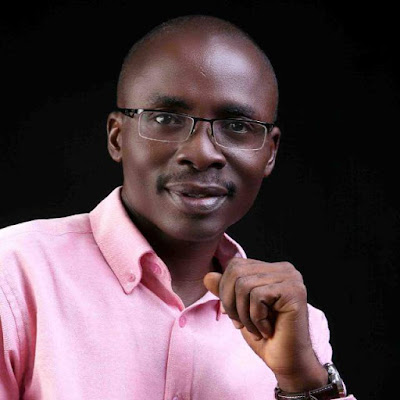In this WETi (What Expert Tells Infoprations), Olabisi
Abraham, Chief Executive Officer D-Formz and Company speaks on technology usage
as one of the best approaches to closing the housing deficit in Nigeria.
In the last 20 years, the Nigerian government and private
investors have been making significant investment in real estate and
construction. Despite this, housing and infrastructure gaps are still expanding
every year. What model would you suggest for bridging the gaps?
The reason is that cost of
housing and infrastructure is highly inflated. It was reported that the cost of
road per km in Nigeria is one of the highest in the world. So what can normally
be used to develop five projects is committed to doing just a project.
Also, because most
finishing materials are imported, by the time these get to end users, the cost
becomes exorbitant. This means the existing system and the situation makes
housing and infrastructure more expensive. We need to employ a better system
and technology that will drive down the cost of housing and infrastructure. On
one hand the government should create a conducive environment for Foreign
Direct Investment for the materials to be manufactured here.
On the other hand, there
should be a massive investment in education. Better technologies like Building
Information Modelling can be introduced in design, construction and maintenance
of housing and infrastructure courses. Building Information Modelling makes
design more economical and cost effective. It reduces construction time and
also lowers cost of maintenance.
It is a known fact that people are moving to urban areas from
the rural areas because of the basic infrastructure. How do you think
government can ensure equity in infrastructure development towards sustainable
economic development and growth?
Governments need to
appropriate good town planning techniques. Based on planning methodologies, governments
will know which segment of the Nigerian society require certain infrastructure than
others.
It seems Lekki-Epe is coming into the Lagos Megacity Plan,
considering the public and investors’ interest in the axis. What would you
suggest to the concerned stakeholders in terms of infrastructure beyond housing
provision to facilitate rapid development of the corridor?
My suggestion to
stakeholders is consideration of other forms of developments like retail
outlets, schools and recreation facilities.
Recently, World Real Estate Transparency ranked Nigeria lowest.
What do you think stakeholders are missing and be done to really make the
sector transparent?
Stakeholders should create
and engage cheaper and better ways of development through research and focus on
reducing cost.
Evidence has shown that Nigeria needs more than 5 million
competent hands to build certain infrastructure -from buildings to roads. Do
you believe that Nigerian government and concerned stakeholders have made
significant efforts towards knowledge and skills building for professionals in
the built environment in the last ten years? What could be done to end or
reduce foreign skills set importation?
The government needs to
give education priority, invest more in it and raise the standard and quality.
Government also needs to make financial aids available for those who lack funds
to study.

Big up, Bro Olabisi
ReplyDelete